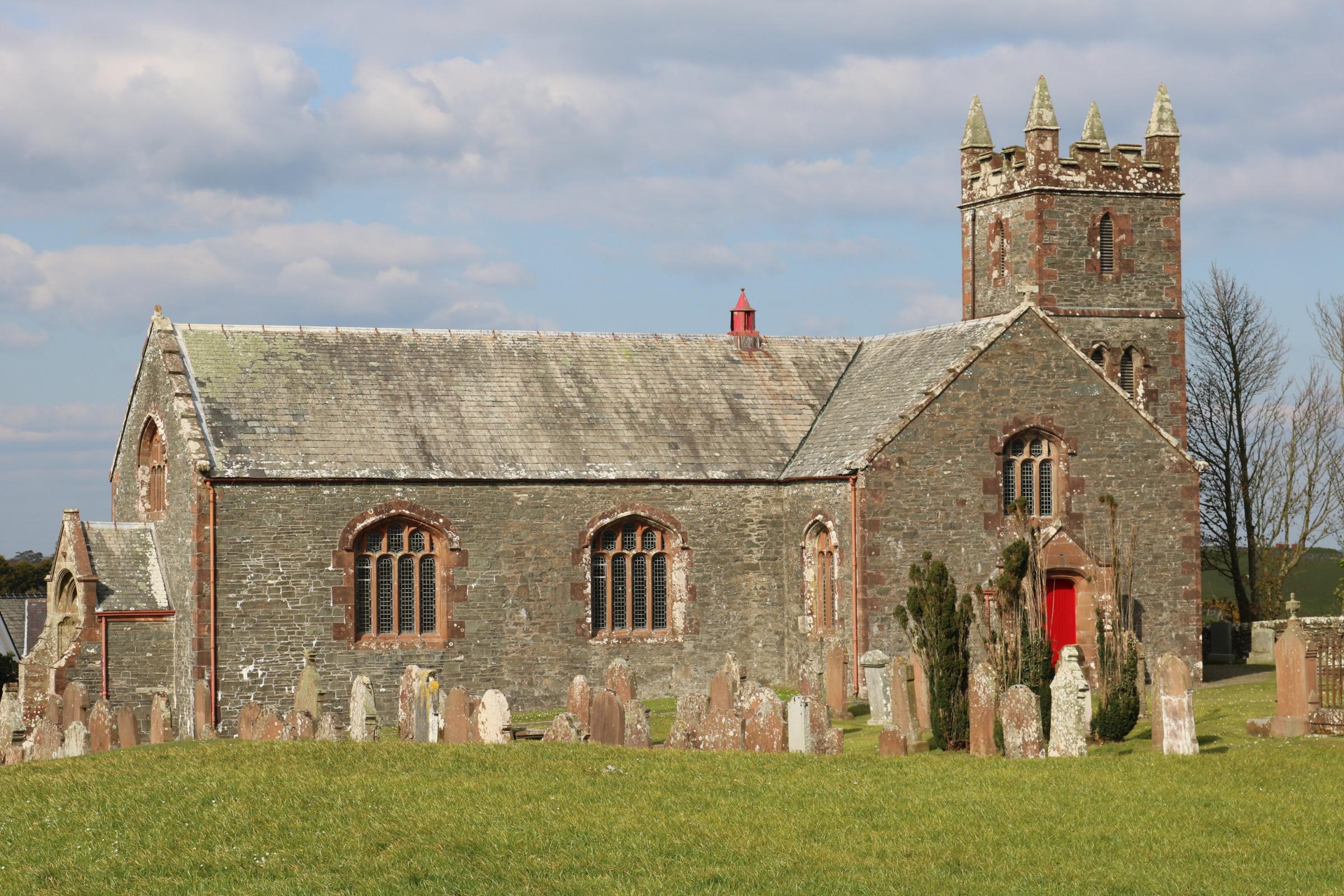
THE Church of Scotland has voted to allow parish ministers and deacons to marry same-sex couples if they wish.
The vote came during the Kirk’s first hybrid General Assembly with ministers, elders, deacons and special guests attending.
Commissioners to the assembly were asked to vote on an overture to change a standing Church law to allow ministers and deacons to become authorised celebrants to conduct same-sex ceremonies.
Some 274 commissioners voted in favour of the move, with 136 against it.
A report to the General Assembly makes it clear that no person would be required to participate in the solemnisation of, or be involved in the arrangements for, a same-sex marriage unless they explicitly wished to do so.
All celebrants would be expected to take account of the “peace and unity and pastoral needs of the congregation and any parish or other grouping of which it is a part” while considering conducting a same-sex marriage ceremony.
A report earlier in May found the majority of Scottish presbyteries were in favour of same-sex marriages.
Other topics that will be discussed include the war in Ukraine, a possible declaration of friendship with the Catholic Church, support for a ban on conversion therapies and the Kirk’s work around social care through its CrossReach service.
❤️🏳️🌈 Love wins! 🏳️🌈❤️ The @churchscotland General Assembly has just voted 2:1 in favour of allowing our ministers to conduct same-sex marriages! A wonderful moment a long time coming #GA2022 #GA2022
— Ross Greer (@Ross_Greer) May 23, 2022
Tweeting about the vote, Green MSP Ross Greer tweeted: "Love wins! The @churchscotland General Assembly has just voted 2:1 in favour of allowing our ministers to conduct same-sex marriages! A wonderful moment a long time coming #GA2022 #GA2022"
Reverend Craig Dobney was among those who urged commissioners to approve same-sex marriage.
He said: “I’ve seen the heartbreak of those in same-sex relationships in our congregations who are unable to marry in their home church, devout Christians though they are. To be married, in front of their church families, would mean everything to them but they were not able to do so.
“I worry that our churches have become irrelevant to our the communities.
“We can stay in our ivory towers, in our marble mansions, in our granite buildings and sit there thinking quire happily that we are following scripture by stopping people from coming to our churches, by making people unwelcome.
“We talk about being a welcoming church, I sometimes have to question that. Actually, the question we should be asking, are we as a church welcome in our communities?”







